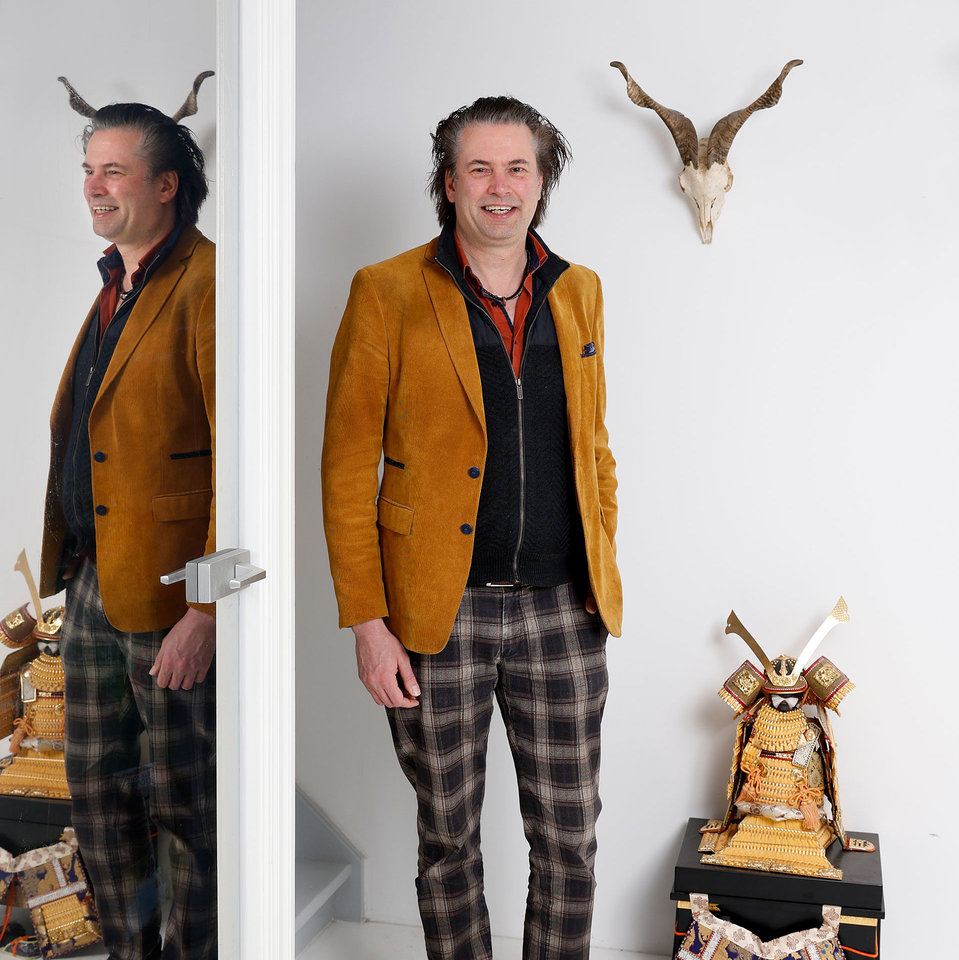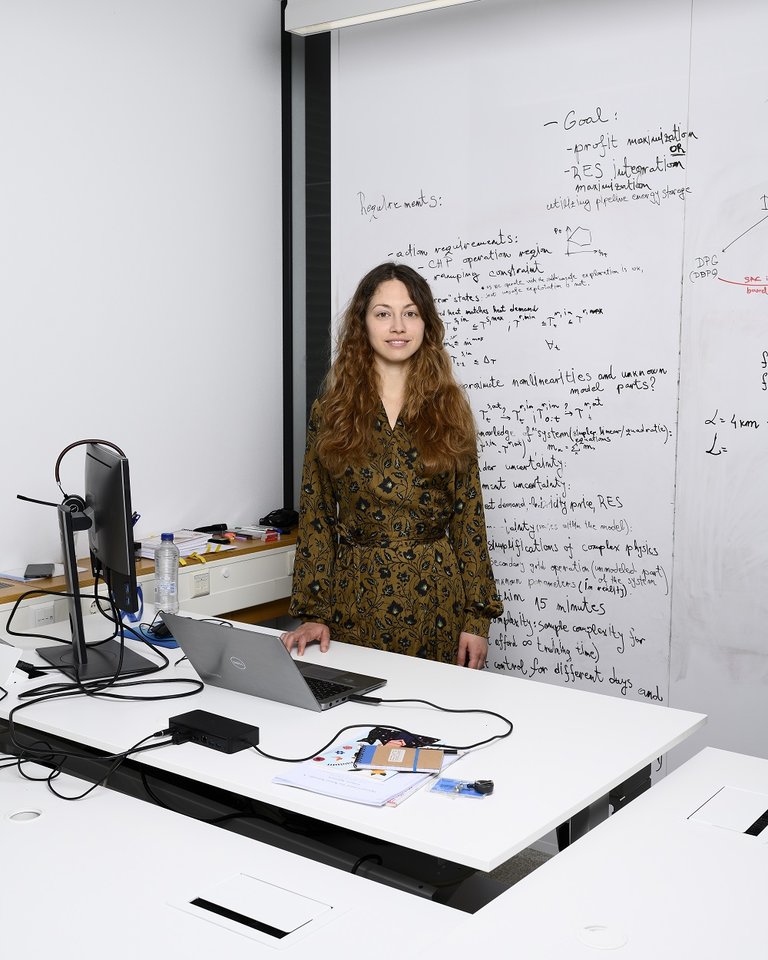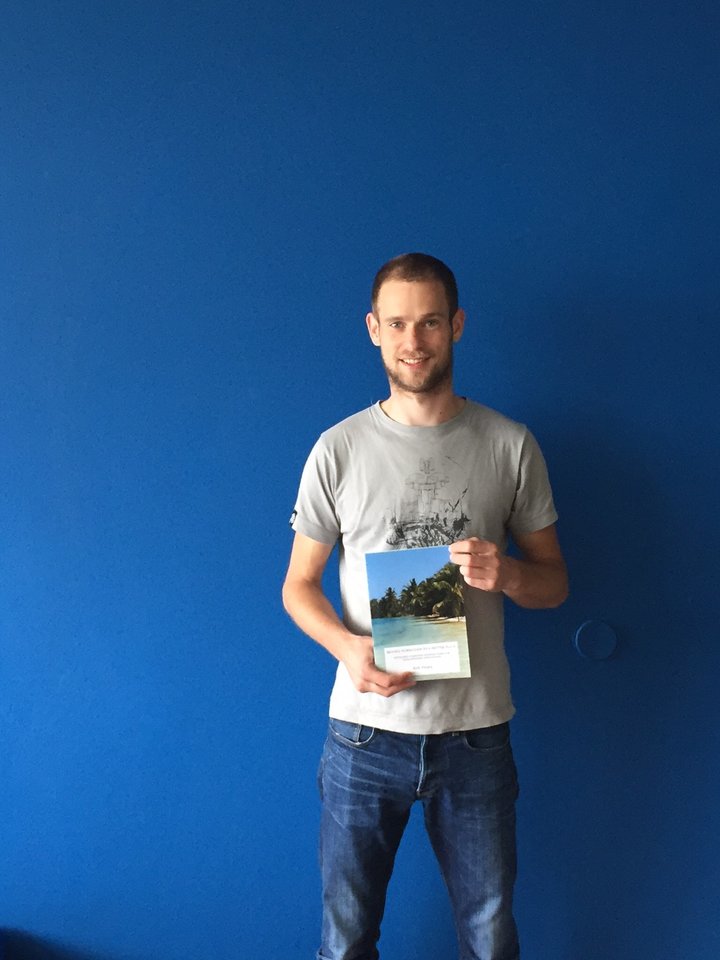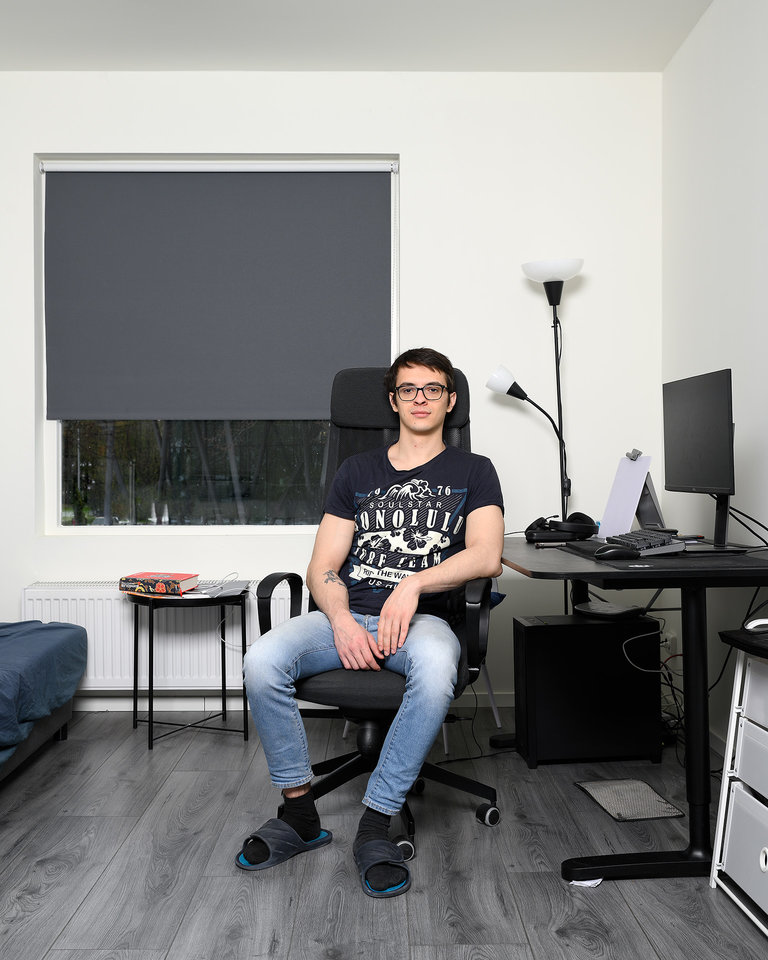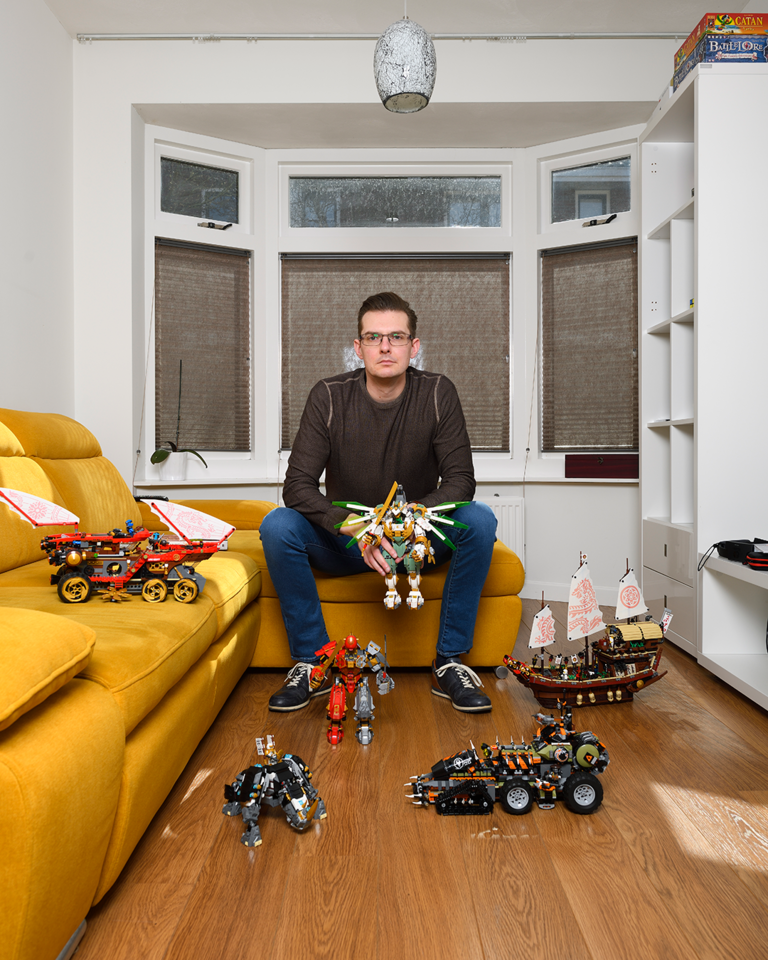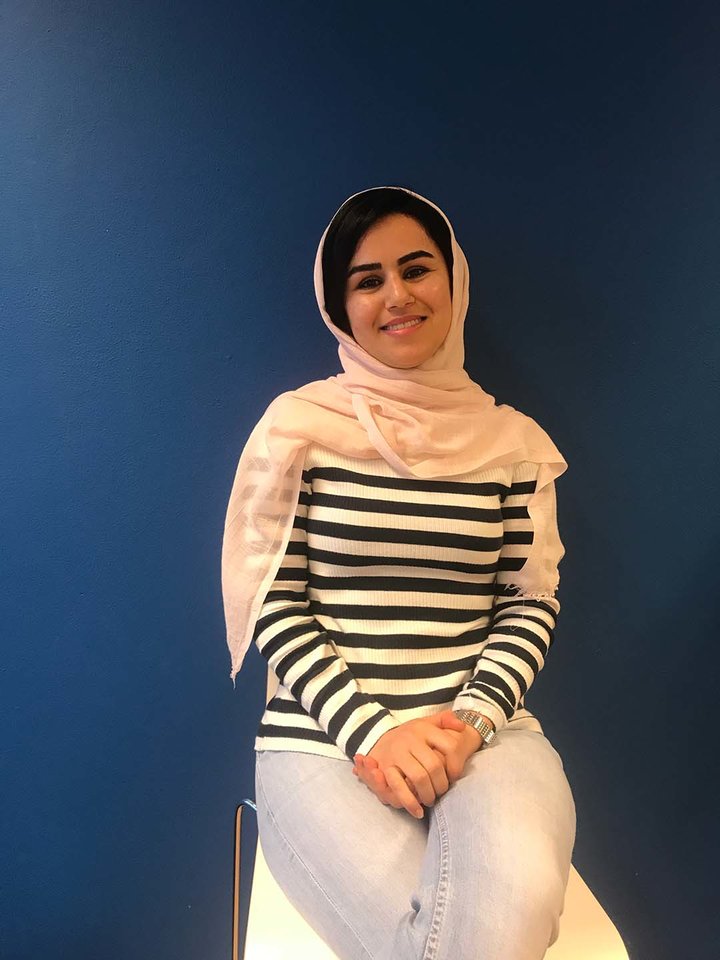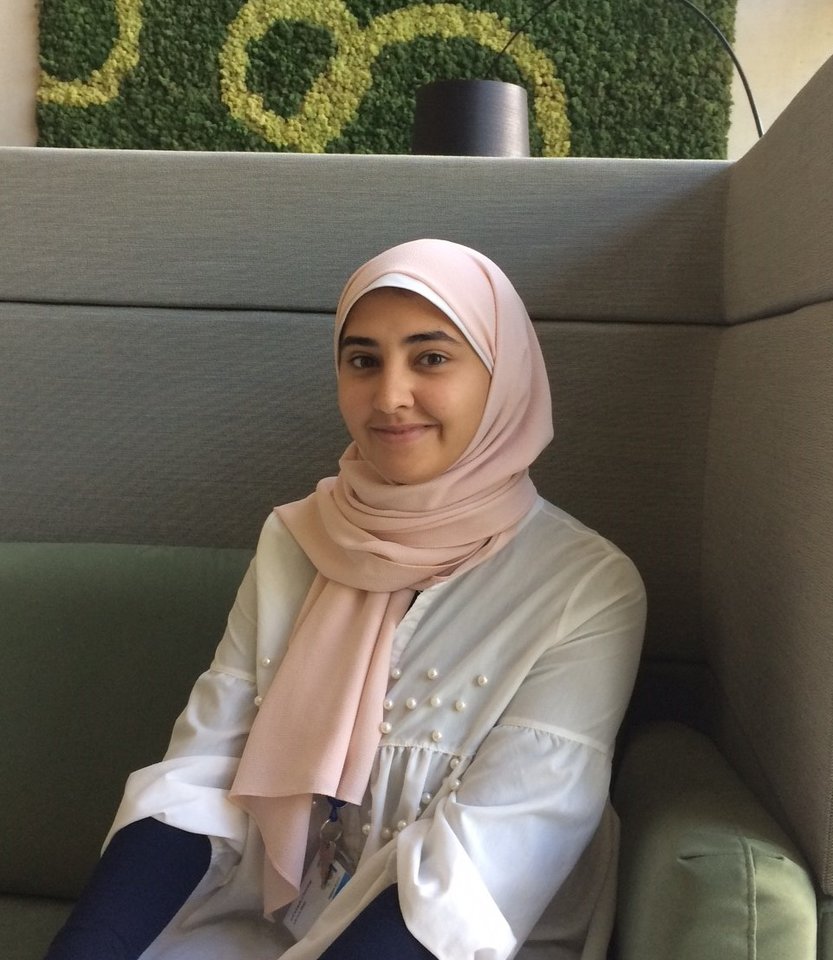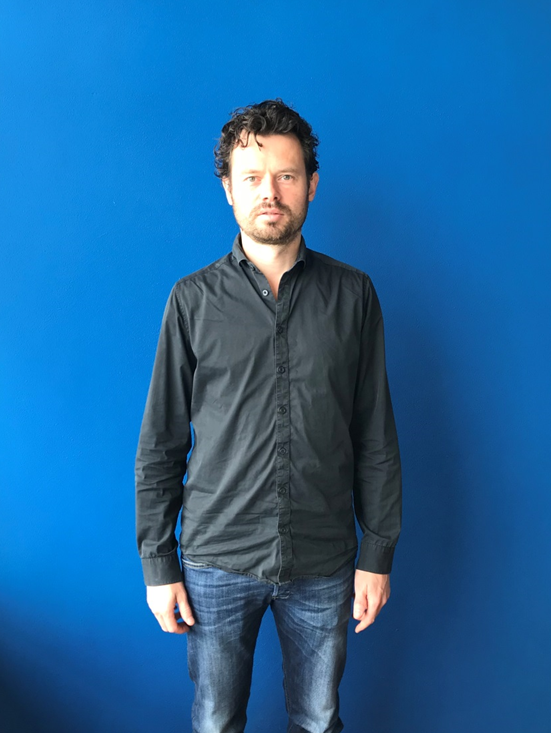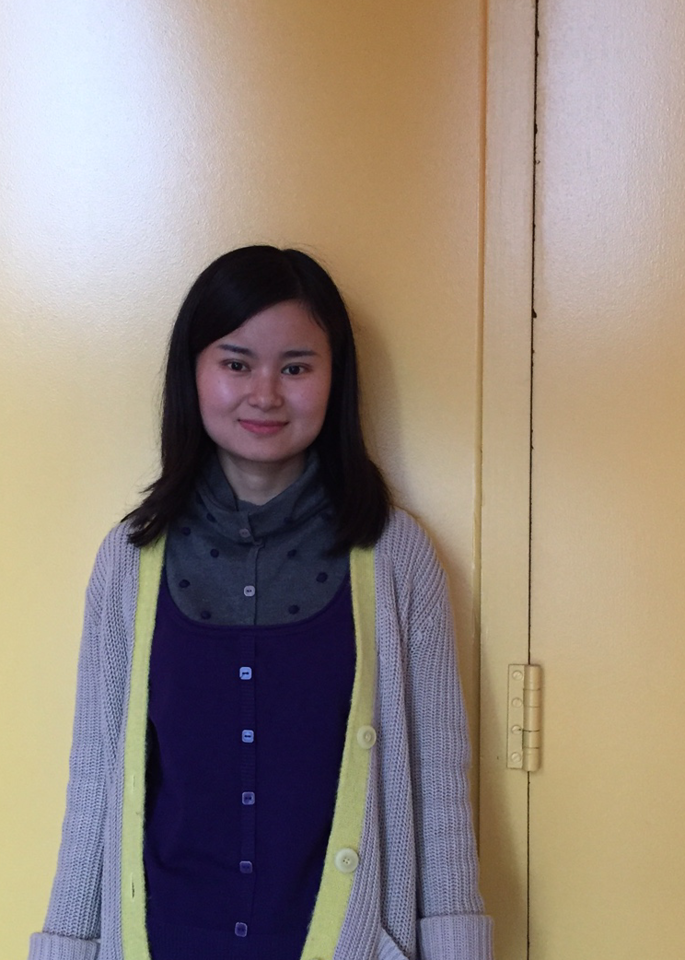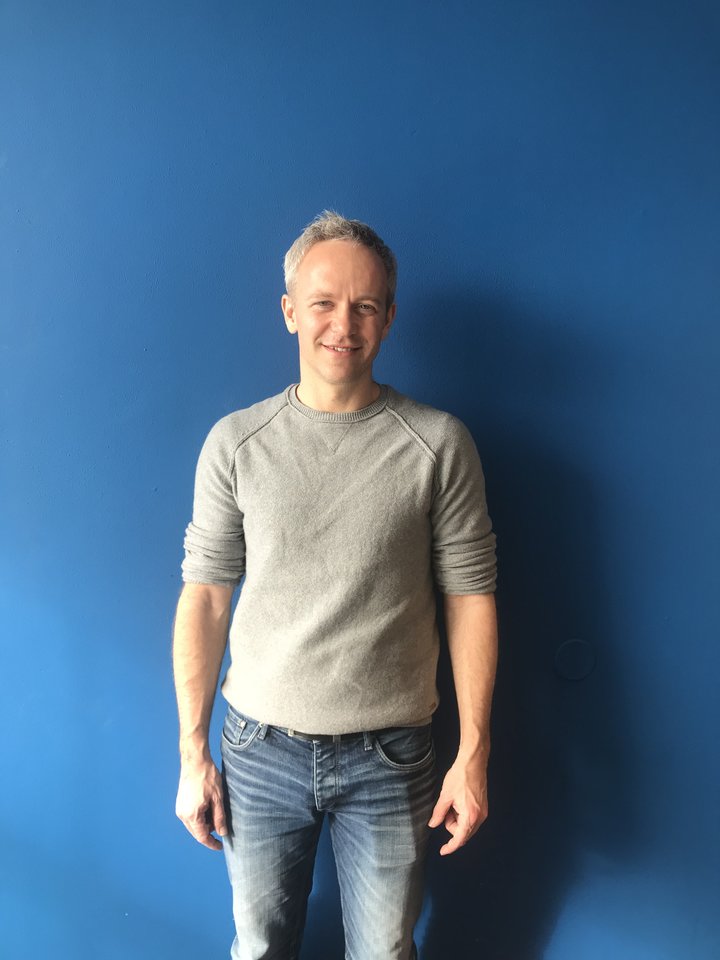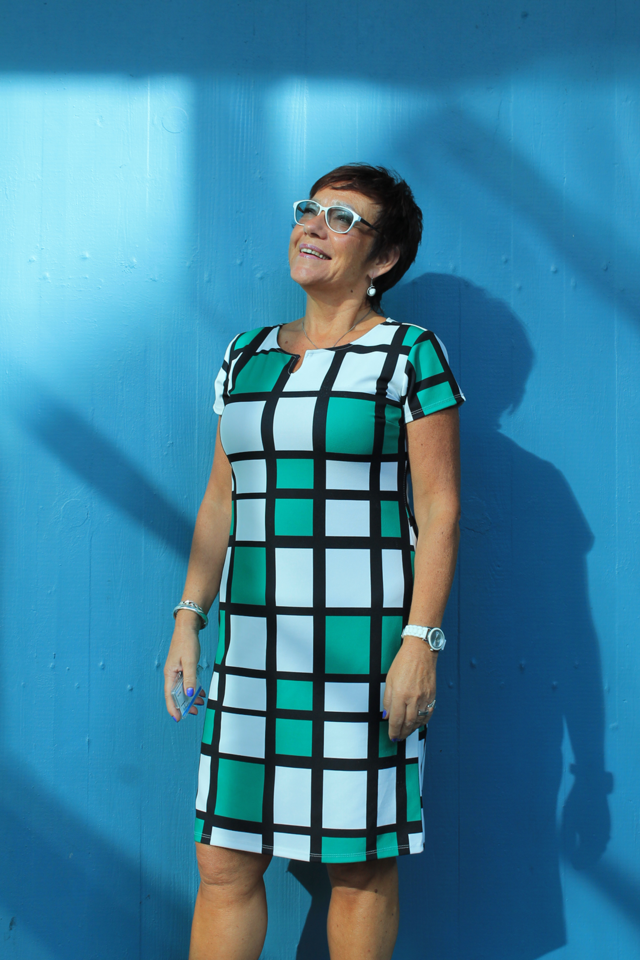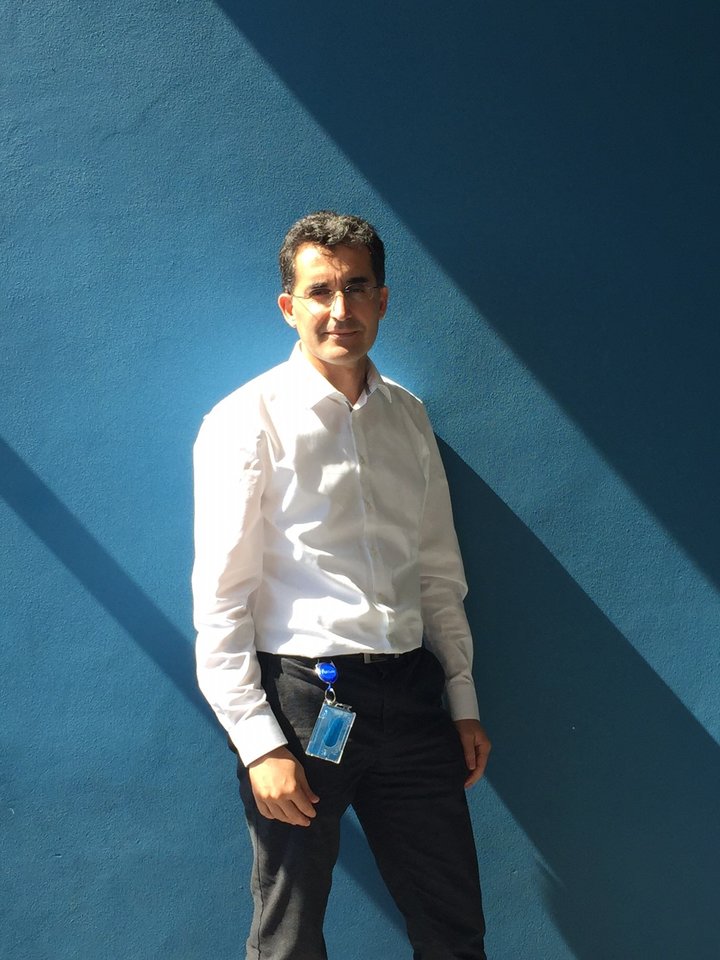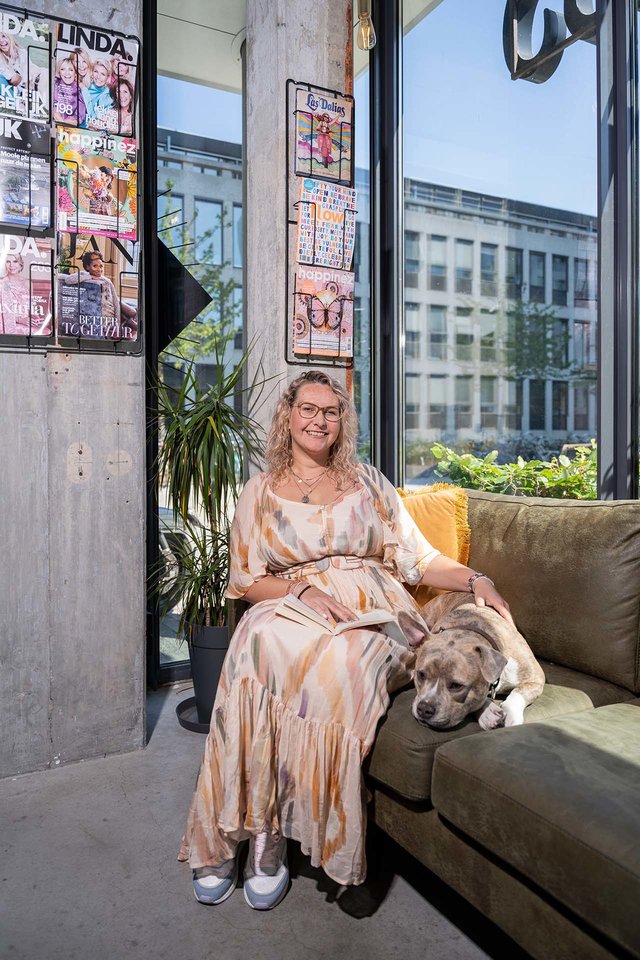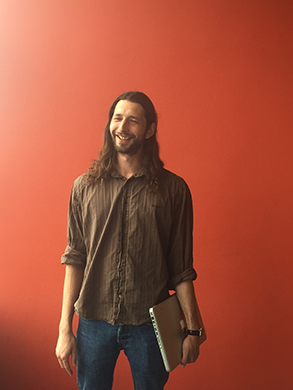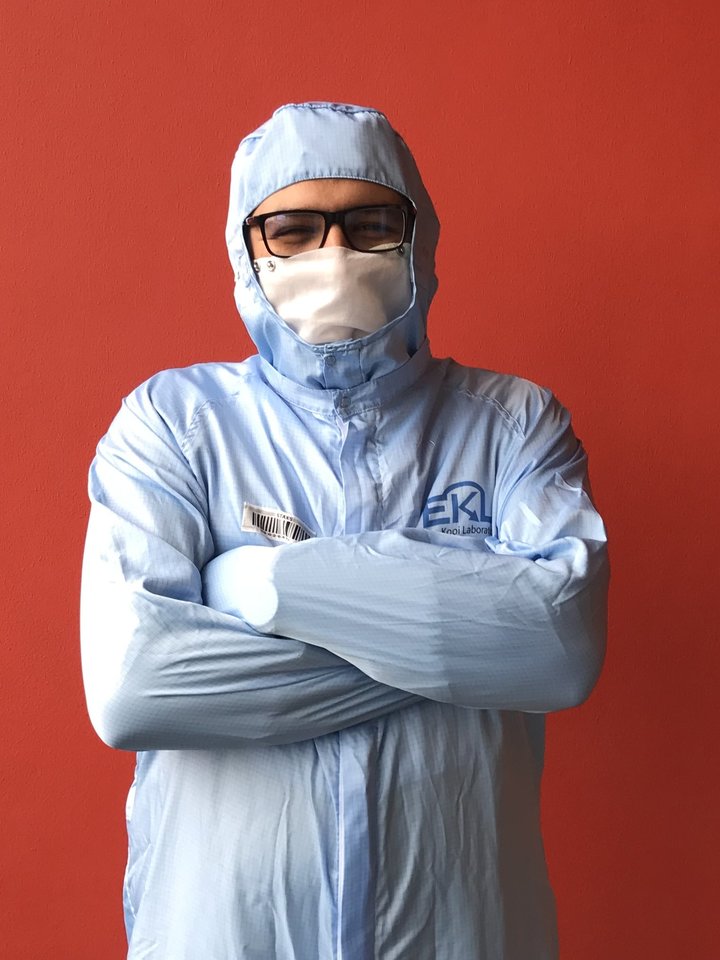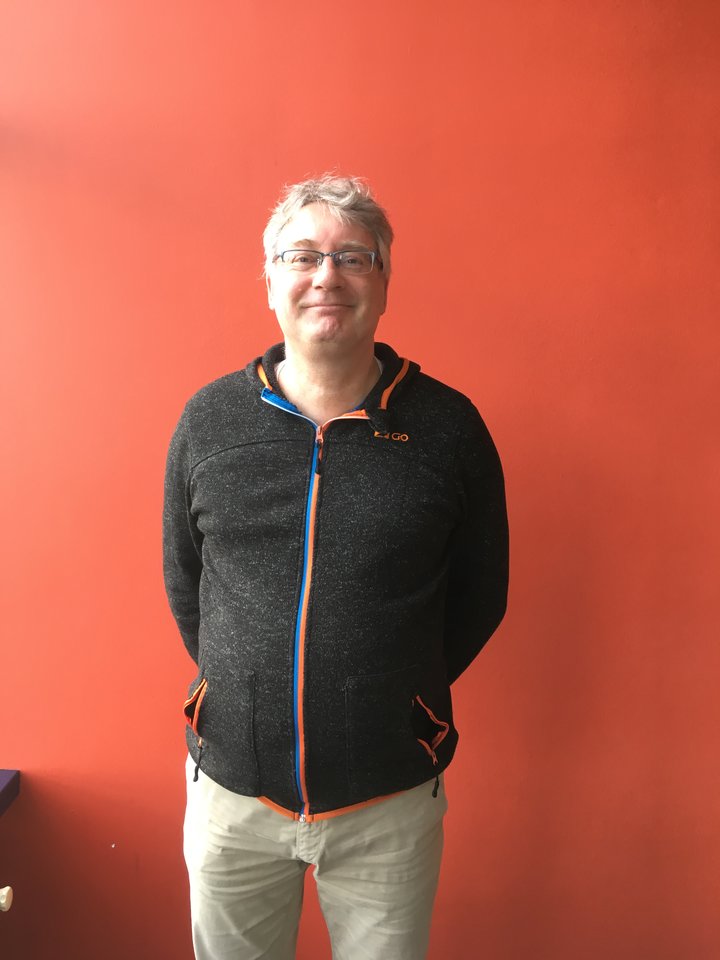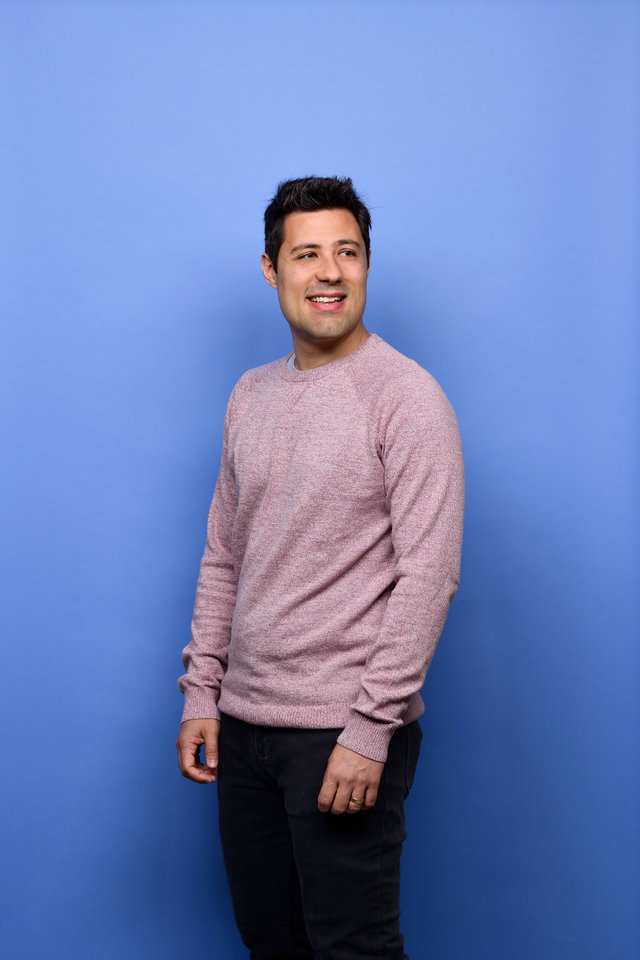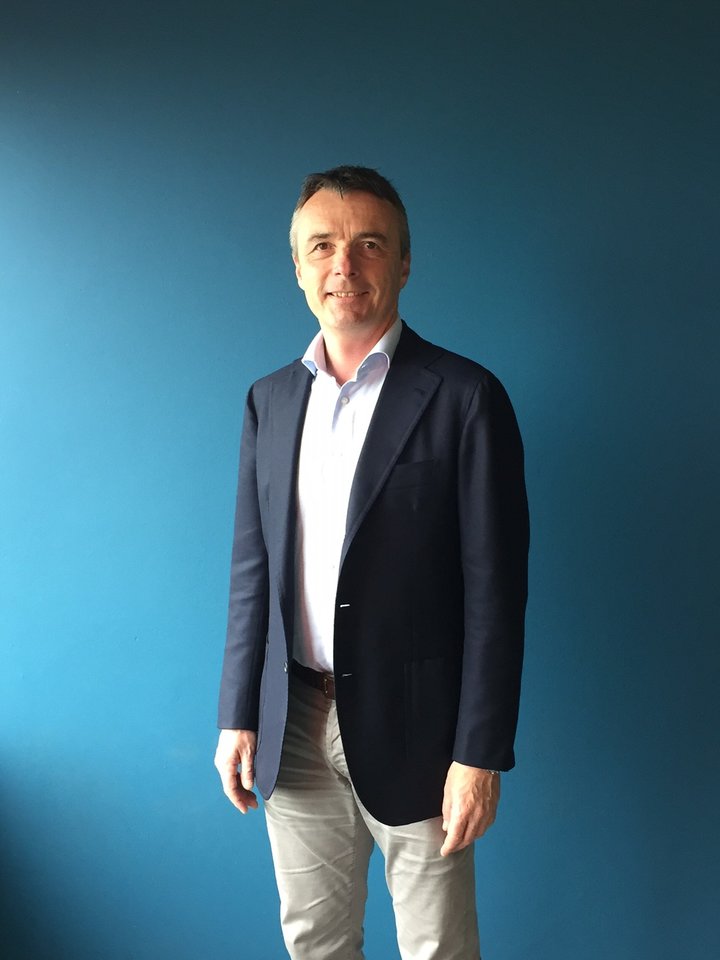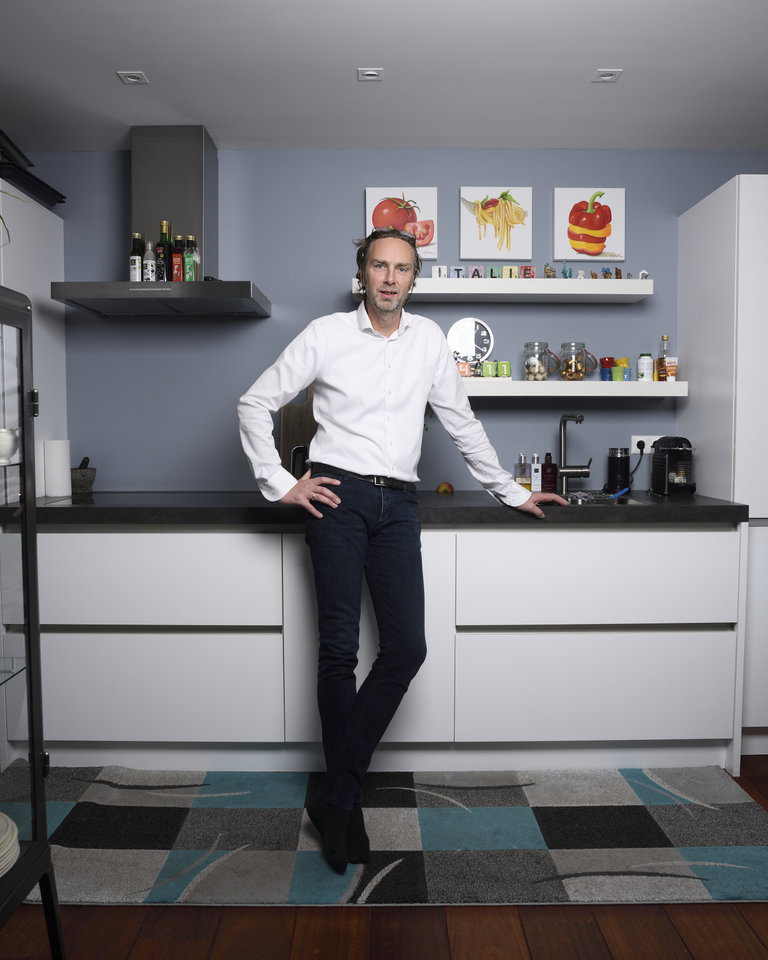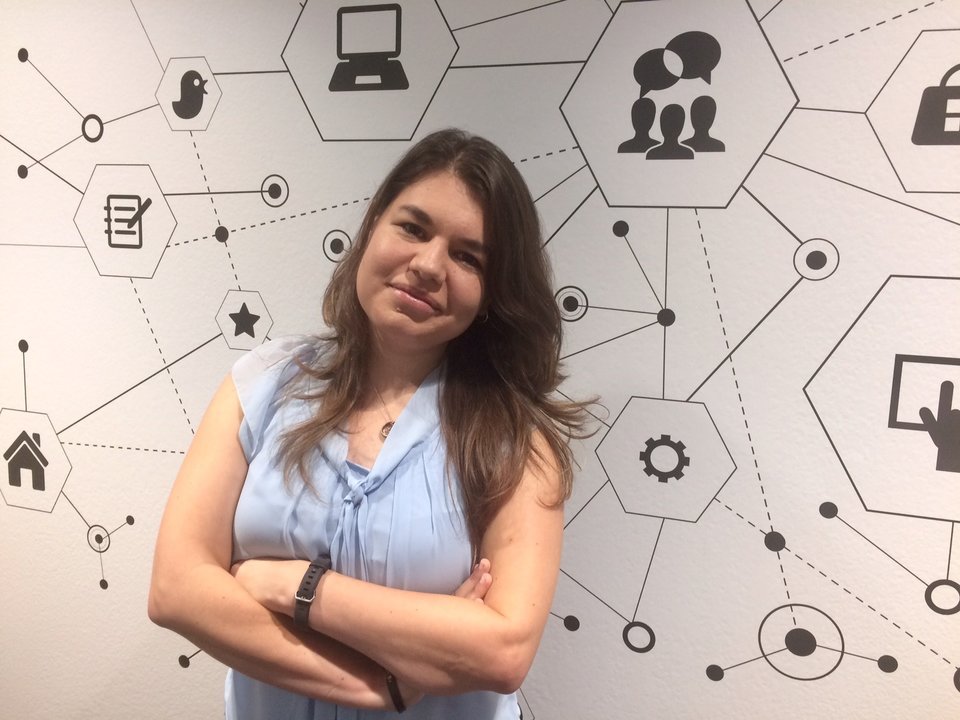In the past as well as more recently, TU Delft employees have been through incredibly unpleasant and difficult experiences. Within EEMCS, mainly women, PhD candidates and international staff have been affected, according to the Berenschot report. We can never fully rectify what happened to all these people. We can, however, try together to make sure that things get better. One of the things that is important in this process is to talk to each other. That is why, for this Humans of EEMCS series, we are talking to people about the EWIquette theme Stepping up and supporting others when they need it.
“If someone asks me for help or support, I will do so without any hesitation. But that’s a challenge because people don’t always ask for help when they need it. Especially because we work in a multicultural environment, and direct communication is not common in many cultures. I am Italian, and in Italy, we are less direct and usually don’t ask for something directly. Recognizing when someone needs something is very important. We should check up on our colleagues, and check on those that are close to us. In that way, we can actually step up and support others.
I’m a very curious person. Back when I wrote my PhD application, I used a quote from Einstein: Never lose a holy curiosity. That is what drives me! This curiosity also leads me to help others. Because research is interesting, but being interested in people is so much fun. People are diverse and have such different stories. When the occasion is right, I ask my colleagues how they are doing. And if you initiate a conversation, you usually get something back. But I am also mindful not to overstep boundaries or intrude on someone’s privacy. That’s why I really try to look at people. I think you can also learn a lot from people by looking at their body language and by looking at them in the eyes. And it’s important that we make sure to create an environment at work in which people feel safe enough to be able to share how they feel.
We spend a lot of time with each other in the office. If you work full-time, you could spend 40 hours per week with each other. I care for my colleagues whom I see every day, like I do for friends. When we share lunch we sometimes speak about statistics, but we also talk about politics or personal things. I am open, and I think that openness creates an atmosphere where it’s possible to support others and step up for others.
I don’t think that it’s clear to everyone what social safety means, or if a situation is normal. There are situations when it’s clear to everyone that they are unsafe. But for some situations, it’s not very clear. For example, someone asked the question: Is it normal that my boss decides on the type of contract I receive, and if I work 40 hours or 36 hours? That is not normal. And it’s good to ask those questions, because – especially when you’re new at the faculty – you might not know the answers. And it’s good to check with others if they are doing okay. For example, what might be perceived as a joke to some people, might not sit well with others.
When I was a PhD, I organized different events for PhDs. I organized a PhD seminar; which was great because it created a moment just for PhDs. We would not have to think about hierarchy, and we could be among peers, and share how we felt. And I also organized Christmas dinners with all the PhDs. And I think it was really great that we could have those moments to just be ourselves. As an Assistant Professor, I also try to participate in activities that are organized. If you don’t, you also miss out on a part of work. We are all very ambitious, and maybe sometimes we’re so ambitious, we forget to form real relationships. And that means we miss out on something important. Those relationships can even improve collaboration. By joining in on these activities, you end up with something much better than just ambition.
I also think that the best way to create a safe and healthy environment is to set a great example yourself. Things like the EWIquette are good initiatives, but we can’t expect people to follow these guidelines if we don’t. And I think a safe and healthy environment starts with real, genuine social interaction with each other.”




